The world of CBD has seen an explosive growth in recent years, with a multitude of products hitting the market, from oils and tinctures to gummies and topicals. However, the evolving legal landscape surrounding CBD can be somewhat confusing, especially in the UK. In this comprehensive guide, we will delve into the CBD legislation in the UK, exploring key aspects such as CBD laws, regulations, legal status, and the standards governing CBD products. Additionally, we will discuss the all-important 0.3% CBD threshold and what it means for both consumers and producers.
CBD in the UK: A Growing Trend
Cannabidiol, or CBD, is a non-psychoactive compound derived from the cannabis plant. CBD has gained immense popularity due to its potential health benefits, including relief from pain, anxiety, and various other ailments. In the UK, the CBD market has grown significantly, with a wide range of products available both in physical stores and online. This growing interest in CBD has naturally led to increased scrutiny by regulators, leading to the establishment of specific CBD legislation.
CBD Legislation and Regulation
The legal status of CBD in the UK has evolved over time. CBD products were initially classified as novel foods, which meant that they had to undergo rigorous safety assessments before being allowed in the market. However, in early 2021, the Food Standards Agency (FSA) took over the regulation of CBD products.
The FSA established several key requirements for CBD manufacturers and retailers. These requirements include:
- Novel Food Authorization: To ensure that CBD products are safe for consumption, manufacturers must apply for novel food authorization. This involves providing scientific evidence to demonstrate the product’s safety.
- Labeling and Packaging Regulations: CBD products must be accurately labeled, including the CBD content. Misleading or inaccurate labels can lead to fines or product recalls.
- Maximum THC Content: The legal limit for THC (the psychoactive compound in cannabis) in CBD products is 1 mg per product. This ensures that CBD products do not cause psychoactive effects.
- Product Testing and Safety: CBD products must undergo rigorous testing for contaminants, including heavy metals, pesticides, and solvents, to ensure consumer safety.
- Advertising Standards: Companies are expected to market their CBD products responsibly and avoid making unsubstantiated health claims.
The 0.3% CBD Threshold
One of the most important aspects of CBD legislation in the UK is the 0.3% threshold for THC content in CBD products. Unlike in the United States, where the legal limit for THC in CBD products is 0.3%, the UK has set a limit of 1 mg of THC per product. This means that CBD products in the UK must contain less than 1 mg of THC in total, which is considerably lower than the 0.3% THC content permitted in the US.
This lower THC threshold in the UK is designed to minimize the risk of psychoactive effects when consuming CBD products. It is crucial for both consumers and producers to be aware of this limit, as exceeding it could result in legal consequences, including product recalls, fines, or even criminal charges.
CBD Legal Status in the UK
CBD is legal in the UK as long as it meets the necessary regulatory requirements. This means that CBD products must be:
- Derived from EU-approved hemp: Hemp used for CBD production must be sourced from varieties of Cannabis sativa L. that are approved by the European Union.
- Properly labeled and packaged: Labels must include the CBD content and clear product information. Misleading labels can lead to legal issues.
- Compliant with safety standards: CBD products must undergo rigorous testing to ensure they are free from contaminants and are safe for consumption.
It’s important to note that CBD is not a controlled substance in the UK when it adheres to these guidelines. However, products that do not meet these requirements may be subject to legal action.
CBD Standards in the UK
To maintain the quality and safety of CBD products, the FSA has set certain standards and guidelines. These standards are in place to protect consumers and ensure that CBD products are of high quality. Some of the key standards include:
- Good Manufacturing Practices (GMP): CBD manufacturers are encouraged to follow GMP standards to ensure the quality, consistency, and safety of their products.
- Independent Testing: Third-party testing is crucial to verify the cannabinoid content and the absence of contaminants in CBD products.
- Full Spectrum vs. Isolate: The FSA does not differentiate between full-spectrum CBD and CBD isolate, as long as the product meets the legal requirements.
- Sourcing and Traceability: Manufacturers are required to source their hemp from reputable suppliers and provide traceability for their products.
CBD in Bulk
The sale of CBD in bulk is also subject to regulation in the UK. Businesses that wish to purchase CBD in bulk for manufacturing or retail purposes must ensure that the bulk product meets all the necessary legal requirements, including proper labeling, safety testing, and compliance with THC limits. Retailers must also be diligent in sourcing their bulk CBD from reputable suppliers who adhere to these standards.
The CBD legislation in the UK is designed to protect consumers and ensure the quality and safety of CBD products. As the market continues to grow, it’s essential for both consumers and businesses to be aware of the regulations governing CBD, including the 0.3% THC limit, novel food authorization, and labeling requirements. Compliance with these regulations is crucial for maintaining the legal status of CBD products in the UK and providing consumers with safe and effective options for their wellness needs. If you’re considering entering the CBD market or purchasing CBD products, make sure to do so with a clear understanding of the legal framework in the UK to avoid any legal issues and ensure product quality and safety.

